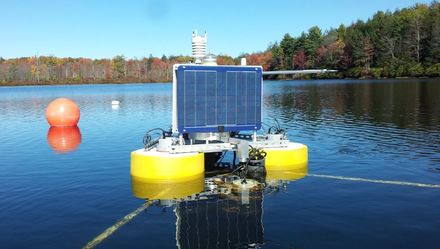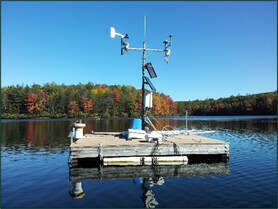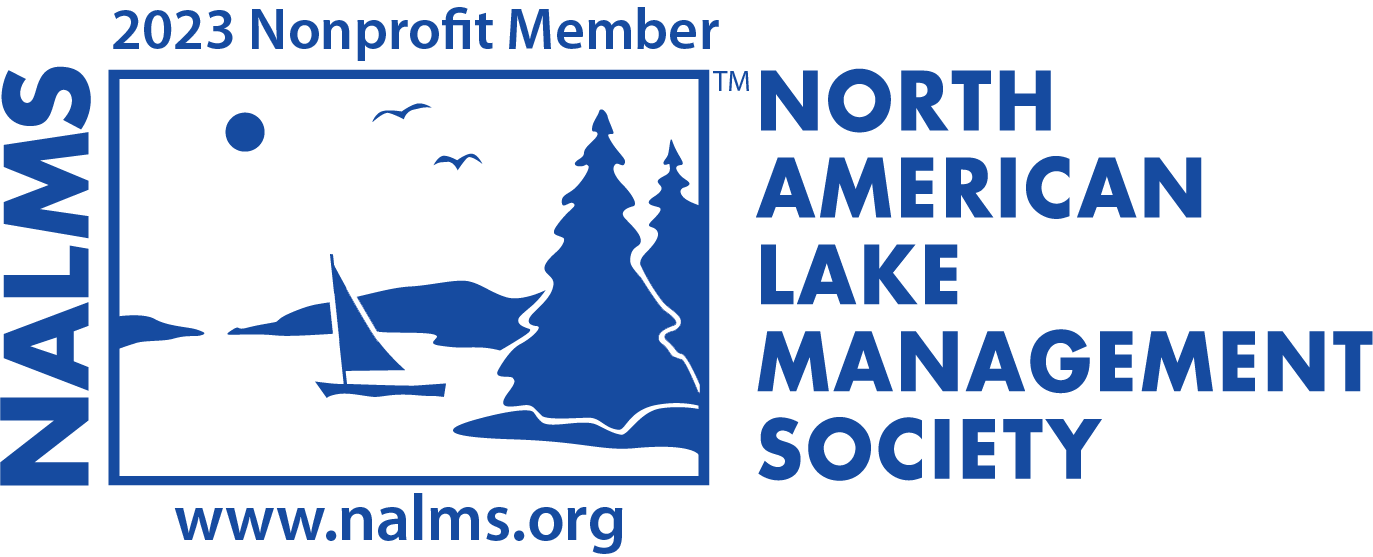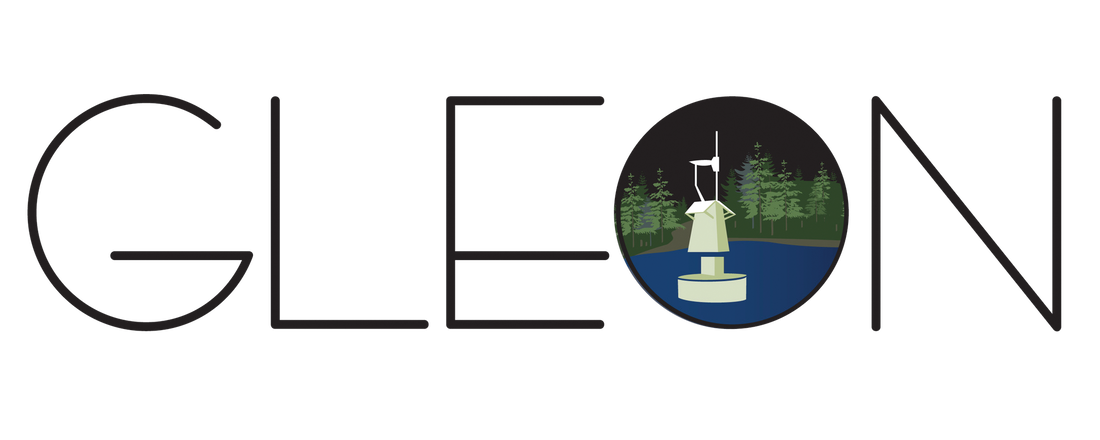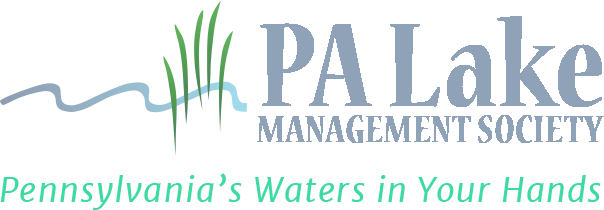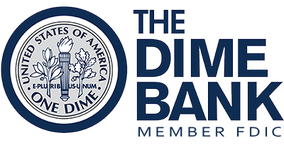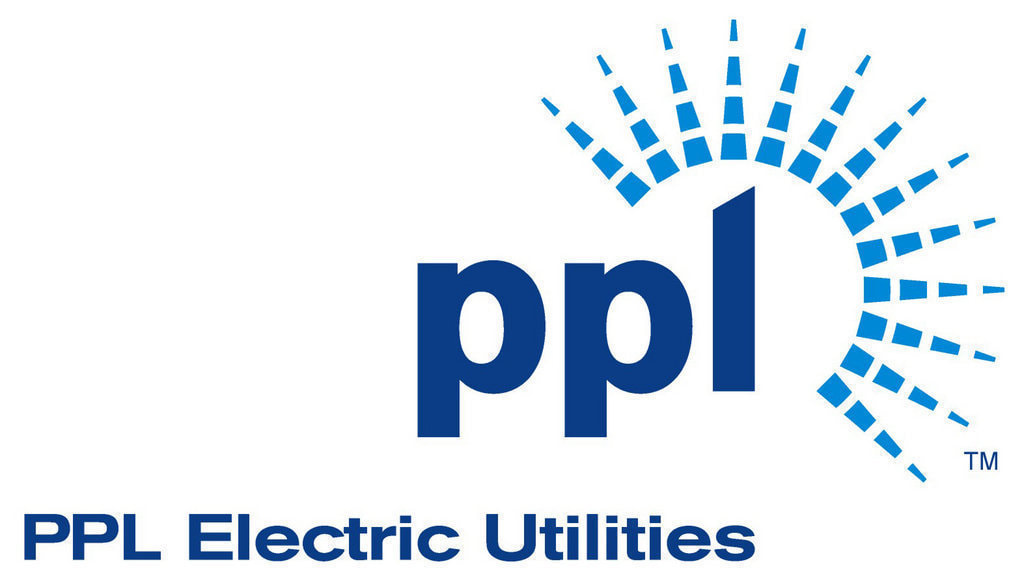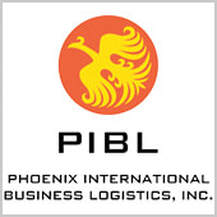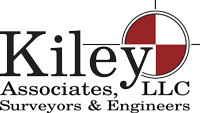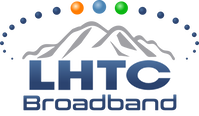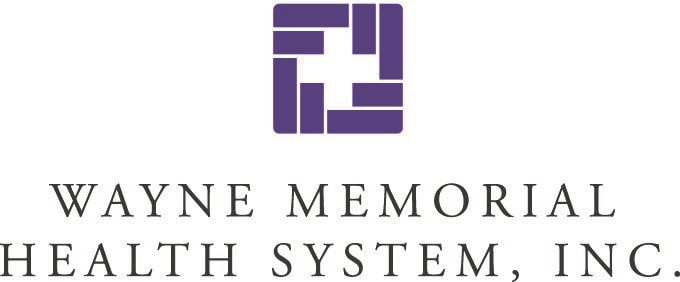Lacawac is a "Hub for EON's"
From Research to Public Outreach on Lake Management
|
What are EONs? Ecological Observatory Networks (EONs) are networks of people, instruments, cyberinfrastructure, and data with the goal addressing large-scale ecological and environmental issues. This is emerging as one of the most vibrant frontiers in the ecological sciences. Recognizing this need for larger scale approaches to ecology, Congress allocated $434 million to create the National Ecological Observatory Network (NEON). At a more global scale, there has been rapid growth in the Global Lake Ecological Observatory Network (GLEON), of which Lacawac is a member, and many other EONs. Why are EON's important? Climate change is altering life as we know it on Earth. The sustainability of human life and the freshwater ecosystems on which we depend is the biggest challenge that we currently face both as a nation and globally. Clear insights into the ecology of freshwater ecosystems are essential to address this challenge. Understanding large-scale ecological impacts on freshwater ecosystem services requires 21st century approaches by using advanced sensors that collect massive amounts of data. Research programs focused on EONs need to cross traditional disciplinary boundaries to collect and analyze these large data sets (aka “big data”) and to place the results in the context of social and public policy issues. Many different fields participate in EON science and some examples include: Biology, Ecology, Computer Science, Engineering, Math and Statistics, Social Science, Education, Information Management, and Economy. Lacawac’s Accomplishments as a Hub for EONs Lacawac is a leader in the emerging frontier of large-scale, long-term, EONs. Lacawac promotes and facilitates high quality training, research, and interdisciplinary interaction in the development and application of EON science. The field station is a site member of GLEON, and provides a physical facility for EON-related work and runs annual training workshops to help fill a nationwide void in training the next generation of scientists on these emerging approaches. At the core of our philosophy is to provide hands-on research and educational opportunities for students ranging from high school to postdoctoral fellows. Lacawac is ideally located for accomplishing this goal because it is within 100 miles of 140 institutions of higher learning. |
With limited resources, a great deal has been accomplished at Lacawac:
Vision for Expanding Lacawac’s Role as a Hub for EONs
Lacawac’s goal is to continue to provide scientists (students, faculty, business partners, and the public) with opportunities to become global leaders by offering a world-class site for research, training, and education on one of the biggest challenges of the 21st Century: assessing how climate change is altering the sustainability of freshwater resources. Lacawac in committed to:
- EON Facilities and Resources: A new NSF-funded lab was built in 2014 with key equipment for EON-related research; over 30 years of lake water quality data; over 25 years of near real-time, continuous weather, atmospheric, and lake monitoring data; a pristine, limited access lake for safely deploying prototypes and conducting experiments; and associated faculty and staff with EON expertise.
- Workshops: The field station has periodically held Lacawac Ecological Observatory Workshops (LEOW). These are training workshops on EON approaches and science. Leaders of several EONs (NEON, GLEON, and the Global Lake Temperature Collaboration) have presented at LEOW. These workshops have been attended by approximately 40 participants each year from 15 institutions, 9 US states, and 4 countries. Lacawac has also hosted many other international workshops in the past focused on novel sensor technology.
- Funding: Lacawac has hosted many federally-funded research programs (> $6.5 million in federal funding in the last 12 years including support from the National Science Foundation, Environmental Protection Agency, and NASA). Business Partners: Lacawac-based scientists have successfully partnered with businesses to develop new sensors, sensor platforms, and new EON approaches. A current example includes a partnership with Fondriest Environmental, Inc. that led to the development of a cutting-edge, mobile, automated profiling buoy equipped with a suite of physical, chemical, and biological sensors.
- Regional EON: Lacawac has established a regional EON focused on public outreach and education. The Pocono Lake Ecological Observatory Network, or PLEON, is a lake monitoring program launched in 2017. The PLEON program is led by Lacawac’s Director of Science and Research and includes a regional a lake sampling program, workshops on good lake management practices, community science opportunities, and summer internship opportunities for college students.
Vision for Expanding Lacawac’s Role as a Hub for EONs
Lacawac’s goal is to continue to provide scientists (students, faculty, business partners, and the public) with opportunities to become global leaders by offering a world-class site for research, training, and education on one of the biggest challenges of the 21st Century: assessing how climate change is altering the sustainability of freshwater resources. Lacawac in committed to:
- supporting research that bridges diverse disciplines and addresses emerging frontiers in EONs. This will simultaneously create more learning opportunities for “hands-on” experiences as well as the skills necessary for working within productive, large-scale scientific networks.
- building partnerships with businesses that are leaders in aquatic instrumentation and sensor development. Lacawac will also work with regional school districts to provide students with unique, hands-on opportunities that are truly interdisciplinary and geared toward STEM initiatives.
- effectively communicating research findings on climate change and sustainability of freshwater resources to the public and policymakers. Our training programs for secondary and post-secondary students will provide talent and expertise in areas that stimulate economic development and help to shape public policy.

